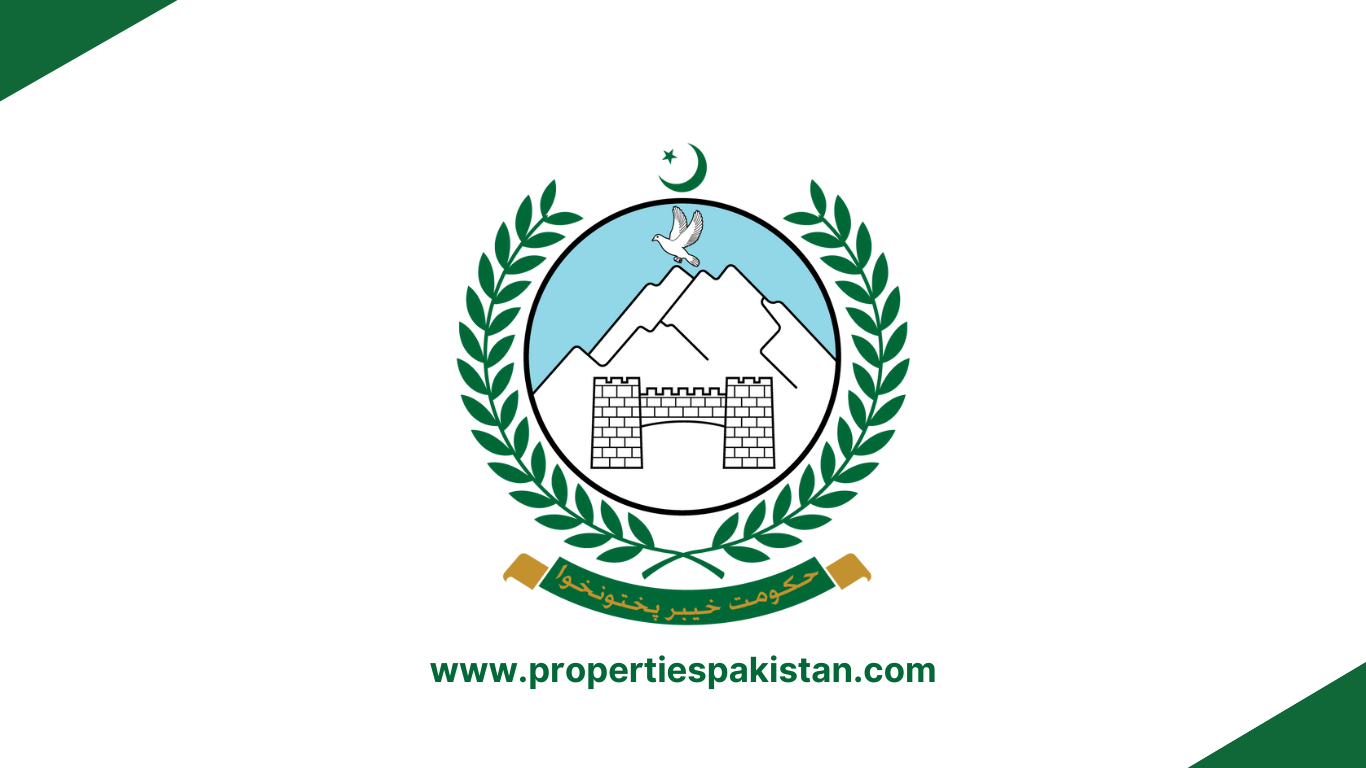Islamabad, January 8, 2025 – In a significant financial development, the United Arab Emirates (UAE) has agreed to roll over USD 2 billion in debt owed by Pakistan, offering much-needed fiscal relief to the struggling economy. This extension was confirmed by Prime Minister Shehbaz Sharif during a federal cabinet meeting, following his discussions with UAE President Sheikh Mohamed bin Zayed Al-Nahyan.
Debt Extension and Strengthened Bilateral Relations
The loan, initially deposited in Pakistan’s State Bank in 2023, was scheduled for repayment this month. However, during a meeting in Rahim Yar Khan, UAE President Sheikh Mohamed bin Zayed Al-Nahyan personally committed to extending the repayment timeline. He also expressed a desire to deepen bilateral relations by investing in critical infrastructure and development projects across Pakistan.
Prime Minister Sharif praised the UAE’s continued support, noting that this gesture reinforces the strong partnership between the two nations. The rollover comes at a critical time as Pakistan navigates a challenging economic landscape marked by inflation, fiscal deficits, and external debt obligations.
Government’s Economic Recovery Initiatives
PM Sharif also shed light on the government’s comprehensive approach to tackling economic challenges. He highlighted several key initiatives aimed at fostering growth and reducing financial burdens on citizens and businesses:
- Reducing Electricity Costs:
To support industrial growth and enhance export competitiveness, the government is actively working to lower electricity prices. PM Sharif emphasized that this move aligns with broader goals of stimulating economic activity and job creation. - Engaging with the IMF:
Recognizing the need for fiscal discipline, the government plans to engage with the International Monetary Fund (IMF) to ensure sustainable economic reforms. - National Economic Transformation Plan 2024-29:
This long-term strategy focuses on addressing structural issues and promoting economic stability through targeted investments and policy measures. The plan aims to lay the groundwork for sustained growth over the next five years.
Focus on SMEs and International Trade
Small and Medium Enterprises (SMEs) are a cornerstone of Pakistan’s economic vision. PM Sharif announced plans to review the performance and strategy of the Small and Medium Enterprises Development Authority (SMEDA) in an upcoming meeting. Strengthening this sector is vital for boosting employment and innovation.
On the international trade front, PM Sharif highlighted promising developments:
- Textile Exports: A recent surge in textile exports has opened doors for further growth opportunities.
- Bilateral Relations: The government is exploring trade partnerships with Indonesia and enhancing ties with Malaysia to diversify export markets and foster regional collaboration.
A Path Toward Economic Resilience
The UAE’s decision to extend the debt repayment deadline provides a significant boost to Pakistan’s financial stability. Coupled with the government’s proactive measures to address structural issues, this development signals a renewed commitment to economic resilience and growth.
As Pakistan strengthens ties with key international partners and implements strategic reforms, the country is poised to overcome its economic challenges and build a more sustainable future.
For more updates on Pakistan’s economic progress and investment opportunities, stay connected with PropertiesPakistan.com – your trusted source for news and insights.
Optimize your property investments in Pakistan today!
Discover prime real estate opportunities and stay informed about market trends at PropertiesPakistan.com.



